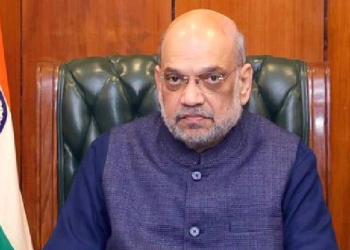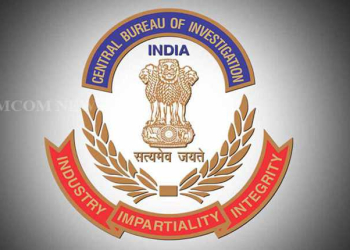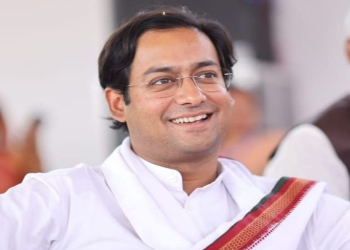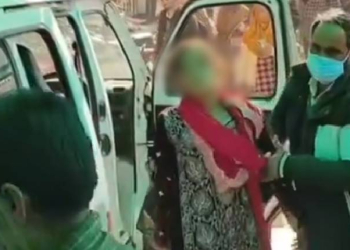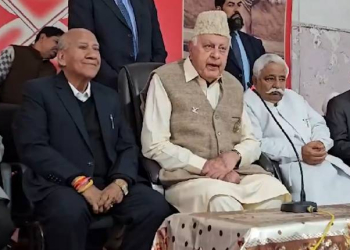New Delhi: Apart from healthy and nutritious food, and exercise, vaccines also play an important role in nurturing long life, said experts on Thursday, pressing the need for timely vaccination for children as well as adults.
The World Health Organisation (WHO) marks the last week of April, between April 24 and 30, as World Immunisation Week. This year, the theme is ‘Long Life For All’.
According to the WHO, the Week “aims to highlight the collective action needed and to promote the use of vaccines to protect people of all ages against disease”. It estimates that about 1.5 million deaths worldwide can be prevented due to timely vaccination.
Vaccination has proved to be successful in eradicating many diseases, such as polio and smallpox. Vaccinations have helped in preventing sickness and death associated with infectious diseases such as diarrhoea, measles, pneumonia, and have also resulted in higher gains in education and economic development. Recently, the shots developed against Covid-19 have also proved to curb the risk of hospitalisation and death.
“Vaccines have proven their efficacy time and again and in today’s time vaccinated people have chances of leading a better life,” Dr Raja Dhar, Pulmonologist from CMRI, Kolkata, told IANS.
“Vaccines are the most important preventive measure that also helps in longevity and reduces the morbidity rates. This is the best time to talk about vaccines as more than 29 vaccine-preventable infections are present. When vaccination is given timely, the immunity gets stronger irrespective of age,” added Mumbai-based pulmonologist Dr Agam Vora.
However, pandemic-related disruptions, increasing inequalities in access to vaccines, and the diversion of resources from routine immunisation have left too many children without protection against measles and other vaccine-preventable diseases.
In 2020, 23 million children missed out on basic childhood vaccines through routine health services, the highest number since 2009 and 3.7 million more than in 2019. As a result, the world is also seeing outbreaks in infectious diseases such as measles and hepatitis.
“The Covid-19 pandemic has interrupted immunisation services, health systems have been overwhelmed, and we are now seeing a resurgence of deadly diseases including measles. For many other diseases, the impact of these disruptions to immunisation services will be felt for decades to come,” said Dr Tedros Adhanom Ghebreyesus, Director-General of the WHO, in a statement recently.
“Now is the moment to get essential immunisation back on track and launch catch-up campaigns so that everybody can have access to these life-saving vaccines,” he added.
The WHO noted that reported worldwide measles cases increased by 79 per cent in the first two months of 2022, compared to the same period in 2021. The global health agency also recorded at least 169 cases of acute hepatitis of unknown origin in about 12 countries.
While children getting vaccinated is a common topic of discussion, adult immunisation is also the need of the hour, the experts said.
Adults, and elderly people with underlying conditions such as respiratory disease, diabetes, hypertension, and kidney diseases, among others are more vulnerable to infections that can be effectively prevented by vaccines, which would also help increase life expectancy.
As per a National Statistical Office Report, India’s elderly population is going to increase by 41 per cent, with more people being vulnerable to diseases, the greatest benefit of vaccination would be reduced hospitalisation and severity, Dhar said.
“To increase immunisation coverage in India, everybody needs to take ownership of getting themselves vaccinated according to the schedule. Only then will we be part of a healthy community,” he added.
(IANS)



